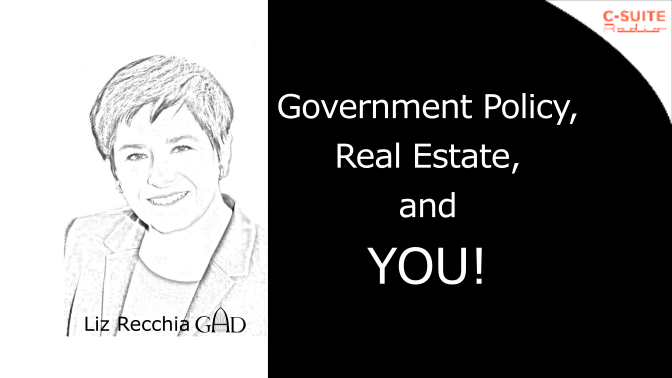
I attended the National Association of REALTORS Conference and Expo in San Francisco last week. One of the sessions I attended was in regards to federal policy and data security.
The session was the Federal Legislative and Political Forum with Alex Stamos as guest presenter. Mr. Stamos was head of cybersecurity for Facebook and is now a professor at Stanford and a Fellow at the Hoover Institution. His presentation was entitled: Information Warfare, Election Hacking and, and the 2020 Election. Mr. Stamos is well qualified to speak on potential election hacking, and more importantly election mis-information, since he headed the cybersecurity investigation into the 2016 election issues at Facebook. If you were unable to attend his presentation, I recommend listening to it at playbacknar.com.
When discussing government policy and platforms such as Facebook, Twitter and Google, the discussion usually revolves around policy vs. platform. And while that is part of the discussion, it is only part of the discussion to be had.
As I discussed in the November 29, 2018 blog post Personal Data as Property, an increasing number of judges, including Supreme Court judges, are attaching the bundle of property rights to personal data. If you have not read Justice Gorsuch’s dissenting opinion (pg.99) in Carpenter v. United States, I suggest you do as it lays out in plain fashion the proposition before us: Do you own your personal data? Does providing your personal, private data to a third party in order to receive necessary services automatically mean you give up all rights to that data? Documents that in another day and age would have been secured under lock and key in your office or home, are now “secured” on third party servers. Did you really give up your rights to that data?
By attaching the Bundle of Rights to private data the same fiduciary and contract rights apply to private data as to real estate. Why couldn’t that be part of the protection policy and discussion? I posed this question to Alex Stamos at NAR. Here is his response:
And so here is the question: Do you want to preserve the right to have private data and documents? Or do you prefer to allow policy drawn up by the government, educational institutions such as Stanford and Harvard, and the platforms themselves, decide your rights to your private data? Is paternalism really the best answer for the individual’s wellbeing? Is platform policy to be discussed and decided without any consideration given to the private property rights affected?
WeMAR, now WeSERV GAD: Advocating for Private Property Rights, the Right to Private Contract and YOUR Business!
